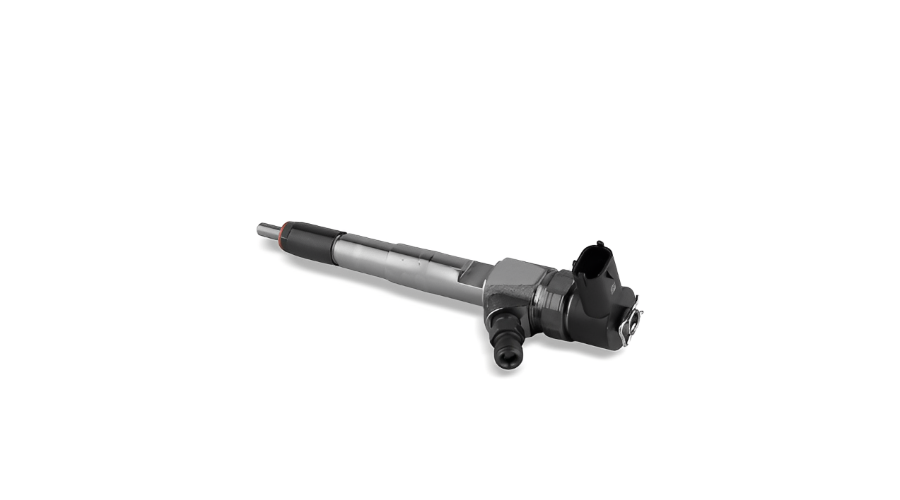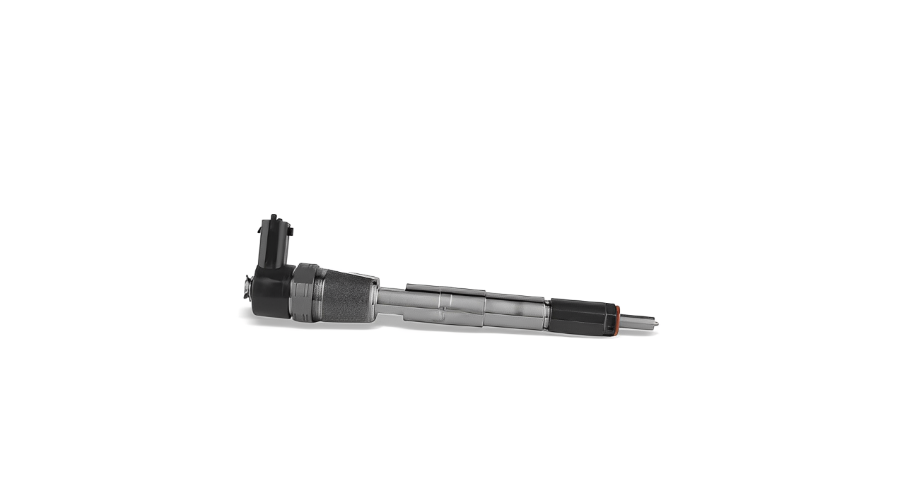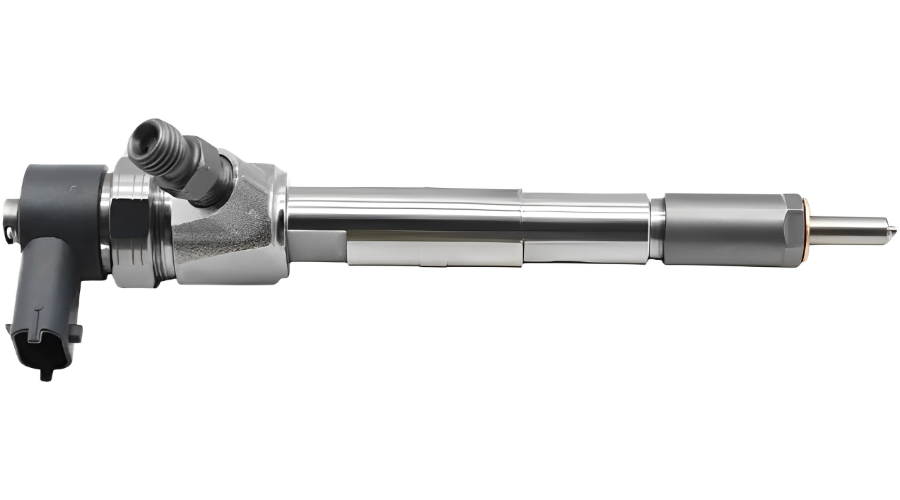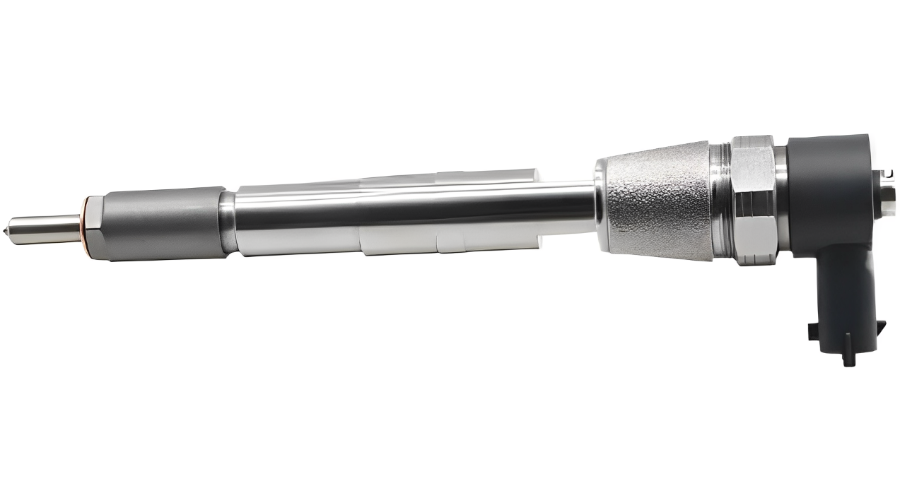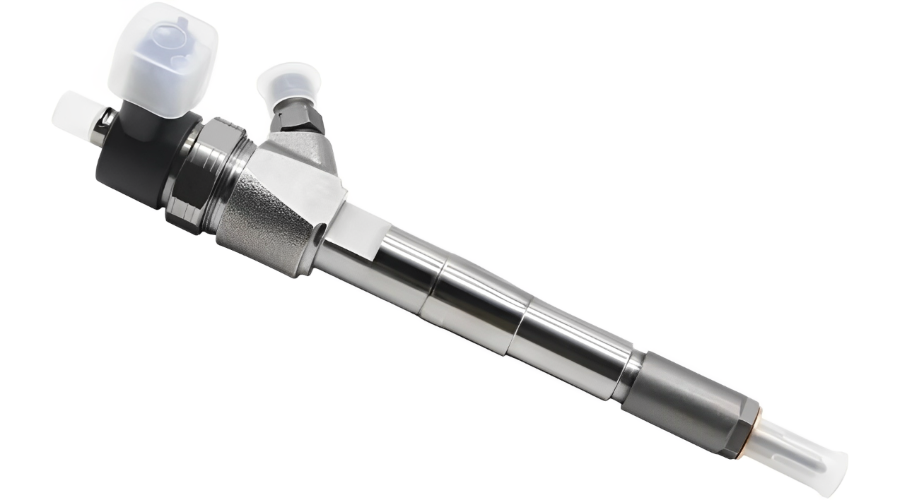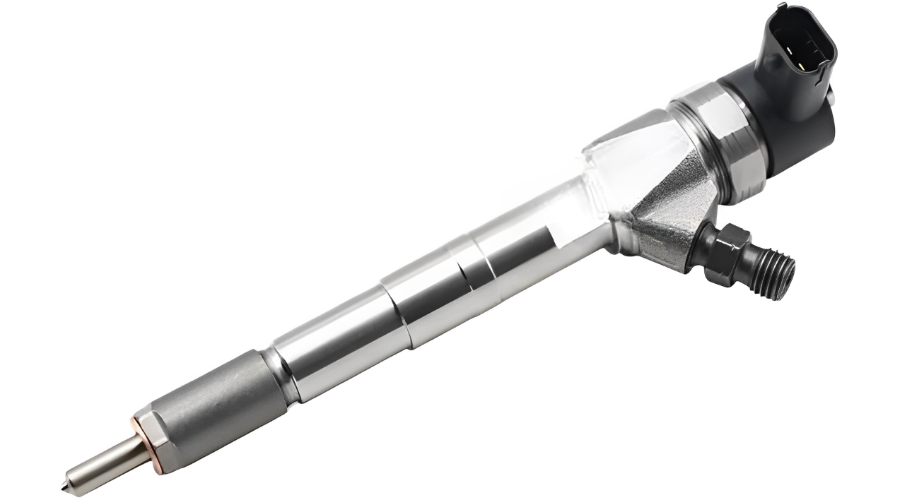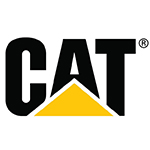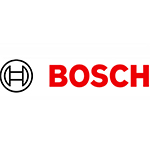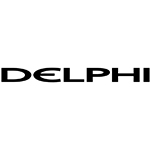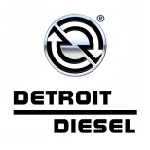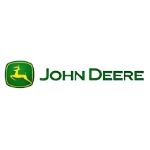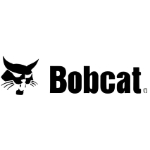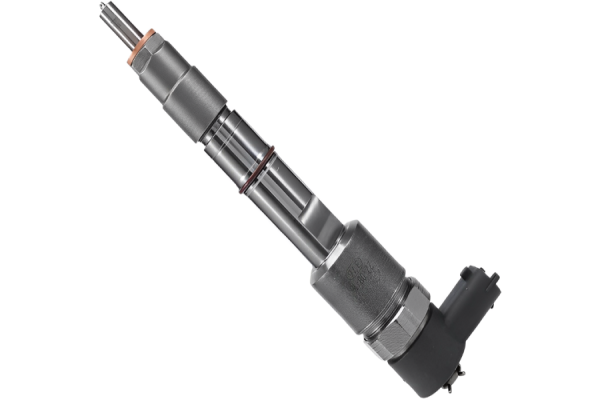Engine misfires or rough idle
The Bosch diesel fuel injector 0445102991 is a solenoid-controlled common rail injector with several advanced features, particularly due to its integrated control valve. Here’s a breakdown of its key features and functionalities:
1. Solenoid-Controlled Valve (High-Speed Switching)
Uses an electromagnetic solenoid for precise fuel metering.
Enables ultra-fast opening and closing (response time in milliseconds) for accurate injection timing.
Operates at high pressures (up to 1800 bar or more) in modern common rail systems.
2. Two-Stage Control Valve Design
The injector has a hydraulically amplified servo valve system, which means:
A small solenoid valve controls a larger hydraulic valve, improving response time.
Reduces the electrical energy needed while maintaining high precision.
3. High-Precision Nozzle & Multi-Hole Design
Micro-machined nozzle holes (typically 6-8 holes) for optimal fuel atomization.
Ensures efficient combustion, reducing emissions (soot & NOx) and improving fuel economy.
4. Pressure-Balanced Design
Uses hydraulic compensation to maintain consistent injection quantity regardless of rail pressure fluctuations.
Prevents dribbling (leakage after injection) for cleaner cuts.
5. Integrated Sensors & Adaptive Calibration (In Some Models)
Some Bosch injectors (like those in newer VW/Audi applications) include IQ (Injection Quantity) adaptation.
The ECU can auto-calibrate injector offsets to compensate for wear over time.
6. Robust Materials & Construction
Hardened steel nozzle & needle for long-term durability.
High-temperature-resistant seals to withstand extreme heat in modern diesel engines.
Increased fuel consumption
Black smoke from exhaust
Hard starting or poor acceleration
Diagnostic trouble codes (DTCs) like P020X (injector circuit malfunction) or P026X (cylinder contribution imbalance)

